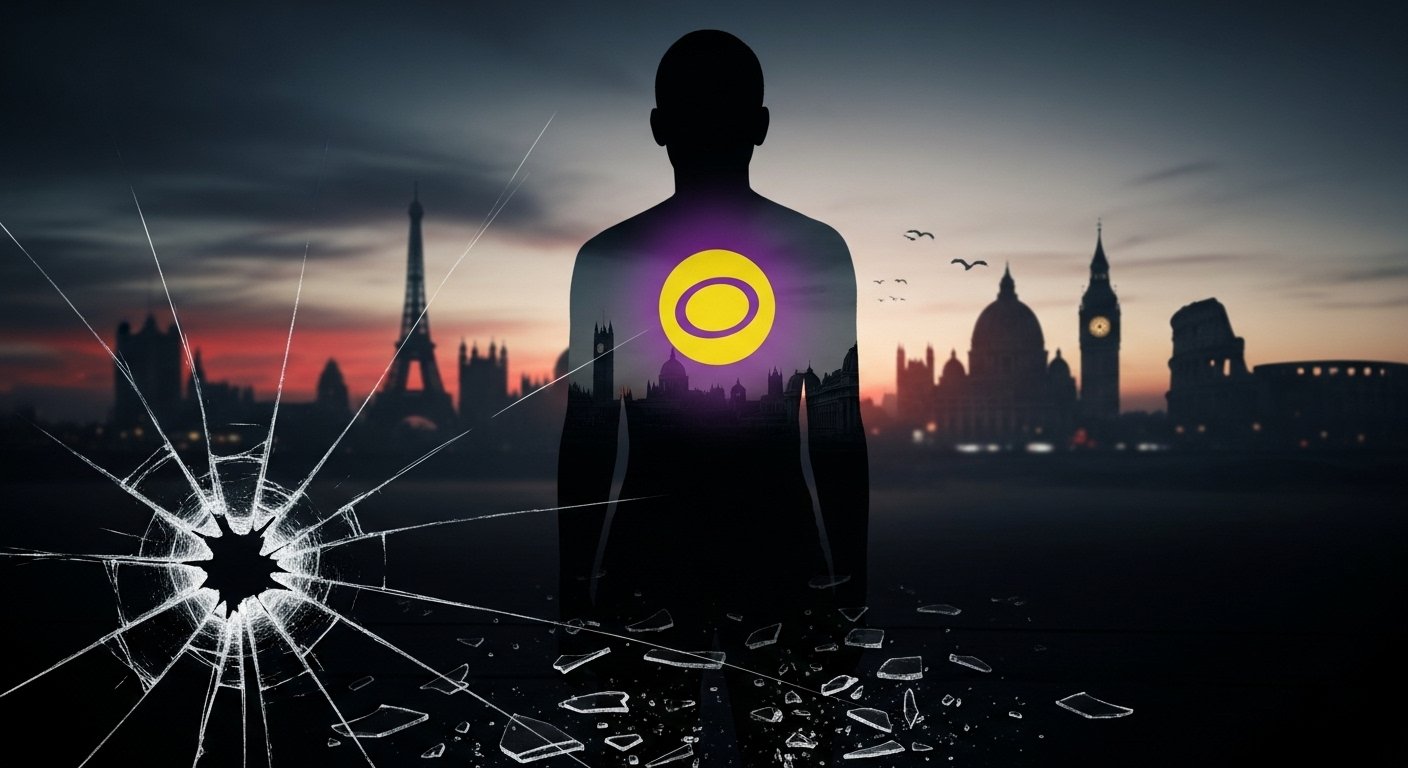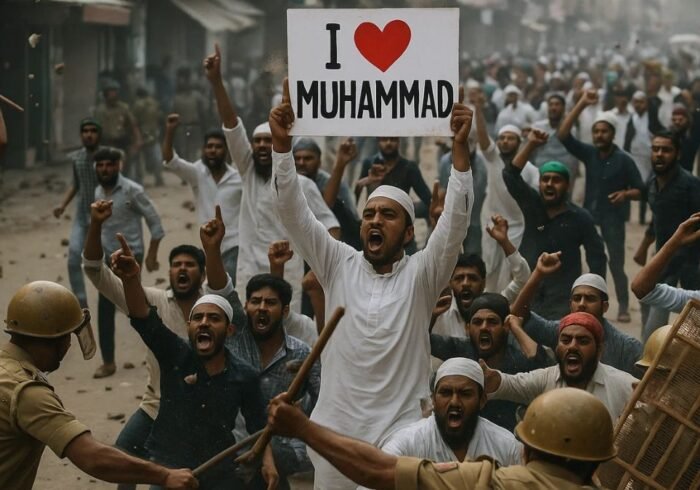Introduction
A new report from the European Union Agency for Fundamental Rights (FRA) has sounded an alarm: violence, harassment, and discrimination against intersex and gender-diverse people are rising sharply across Europe. While Europe is often portrayed as a region of tolerance, the latest findings reveal an unsettling reality — one where basic safety and dignity remain out of reach for many.
 The Alarming Numbers
The Alarming Numbers
-
According to the FRA’s 2025 survey, nearly 1 in 3 intersex individuals in Europe reported experiencing physical or sexual violence in the last five years — a sharp increase from previous surveys.
-
Over 60% of intersex respondents reported being subjected to hate-motivated harassment, either online or in person.
-
Mental health outcomes are equally concerning: higher rates of depression, social isolation, and fear of accessing public spaces are documented compared to the general population.
-
Crucially, many respondents reported low trust in local law enforcement to take complaints seriously.
Why This Matters Beyond Europe
The findings highlight a broader global trend: marginalized groups — especially those who do not conform to traditional gender categories — are facing intensified hostility. Social media plays a double role: it provides visibility and community, but also amplifies harassment and hate campaigns. Policymakers, activists, and even tech companies are under pressure to respond with stronger protections.
The Debate
-
Human Rights Advocates argue:
-
Governments must legally ban medically unnecessary surgeries on intersex infants (a common but controversial practice).
-
Hate crime laws need explicit protections for intersex and non-binary people.
-
Schools, workplaces, and healthcare providers must be trained in inclusive practices.
-
-
Opposing Narratives:
-
Some conservative voices claim this is an exaggerated issue or argue that expanding definitions of gender identity erodes “traditional values.”
-
Others say Europe already has “enough protections” and that additional laws are unnecessary.
-
The FRA’s data, however, undermines such dismissals by documenting real harm and showing gaps between legal frameworks and lived experiences.
The Bigger Picture: Freedom, Dignity, and Social Cohesion
This trend is not just about individual safety — it reflects how societies handle diversity. A rise in violence signals a deeper fracture: polarization, disinformation, and weaponization of identity politics. History shows that once hate is normalized against one group, it can spread quickly, undermining democratic institutions as a whole.
Pakistan’s Reflection
Pakistan is no stranger to the challenges of protecting vulnerable groups. With its long history of recognizing Khawaja Sira communities, Pakistan has both cultural precedents and constitutional responsibilities to ensure safety and dignity. The European case offers a reminder: passing laws is not enough — consistent enforcement, awareness campaigns, and grassroots acceptance are key.
Conclusion
Europe’s troubling surge in violence against intersex and gender-diverse people is not just a regional issue; it is a global warning. Societies that fail to protect their most vulnerable risk losing their moral and democratic fabric. For Pakistan, this is an opportunity to show leadership by demonstrating that human dignity can be preserved without compromising cultural identity.





